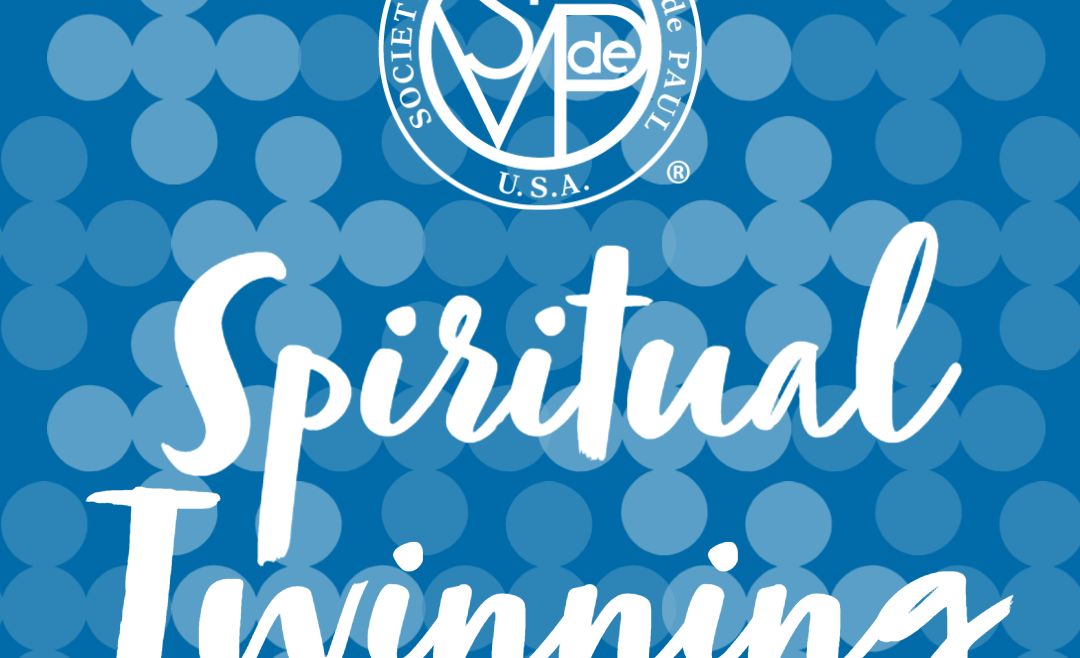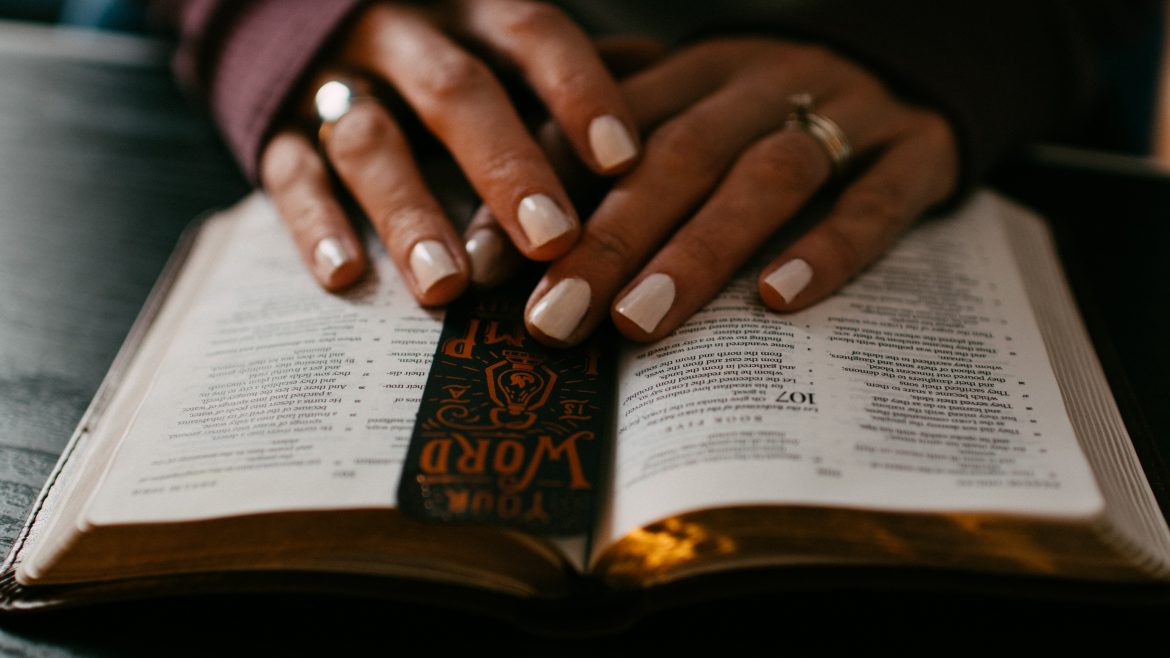Written by: Fr. Perry Henry, C.M. Provincial
Black History Month is the annual celebration of the achievements and essential role African American individuals and communities have played throughout the history of our nation. It traces its origin to “Negro History Week” the brainchild of the noted black historian Carter G. Woodson in the early 20th century. In 1926 the Association for the Study of Negro Life and History, an organization dedicated to researching and promoting achievements by Black Americans and other people of African descent sponsored a national Negro History week, choosing the second week of February to coincide with the birthdays of Abraham Lincoln and Frederick Douglass. The event inspired schools and communities throughout the country to organize local celebrations, establish history clubs and host performances and lectures.
Since then, the month of February has been set aside to remember, lift up, and celebrate the many achievements of African Americans throughout our nation’s history — much of which, sadly, has gone without notice in official telling of the story of our country. It is an inspiring and affirming story of faith and courage, resilience, and resistance.
The theme given to this year’s Black History Month is ‘Black Resistance’, inviting us to examine how African Americans have resisted historic and ongoing oppression. In setting the theme for this year’s celebration the Association for the Study of African American Life and History (ASALH) asserted that ‘By resisting, Black people have achieved triumphs, successes, and progress as seen in the end of chattel slavery, dismantling of Jim Crow segregation in the South, increased political representation at all levels of government, desegregation of educational institutions, the passage of Civil Rights Act of 1964, and in recent years the opening of the Smithsonian National Museum of African American History in Washington, DC. Black resistance strategies have served as a model for every other social movement in the country, thus, the legacy and importance of these actions cannot be understated.’
This month I was honored and delighted to address the young people of my home parish of Our Mother of Mercy Church in the city of Beaumont in east Texas for their annual Black History Month celebration. I am the first and only African American priest ordained from the parish since its establishment as a mission church in 1927 and a full parish in 1937. The parish was established to serve the rapidly growing black catholic community, many of whom migrated from southern Louisiana, into the black subdivision of the city of Beaumont called the Pear Orchard.
I shared with them my own story of growing up in that same racially divided city where the Southern Pacific railroad tracks clearly defined the boundaries between black and white neighborhoods. The black community on the southern side of the track where I lived — with our own schools, churches, businesses, medical clinics, community organizations, and cemeteries — provided a safe, affirming, and nurturing environment for its residents. I also shared with them my own story of the discomfort and insecurity I felt deep inside on those occasions when as a youth I had to cross those tracks for routines as simple as picking up grocery items at the supermarket on the other side of the track. On those occasions I was always aware that I was moving into a space where I might not be safe or accepted.
Our community in the Pear Orchard provided that safe, affirming, and nurturing space for those of us who lived there. It also served as a space of resistance to push back against the forces of racial indignity, discrimination and injustice that pressed against blacks.
Since my childhood in the Pear Orchard our nation has made many advances in racial equality and justice, but the task isn’t completed. In setting the theme of ‘Black Resistance’ for this year, the ASALH acknowledged that for Black Americans “…every advance, improvement in our quality of life and access to the levers of power to determine our destiny has been achieved through struggle.” And our society continues to struggle to resist old and new racial challenges. I concluded my address to them by recalling the words of ex-congressman and civil rights activist, John Lewis, “Do not get lost in a sea of despair. Be hopeful, be optimistic. Our struggle is not a struggle of a day, a week, a month, or a year; it is the struggle of a lifetime. Never, ever be afraid to make some noise and get in good trouble, necessary trouble.”
As we celebrate Black History Month this year, let us recommit ourselves to that noble struggle by getting into good trouble.



